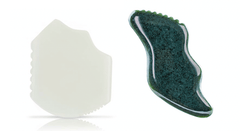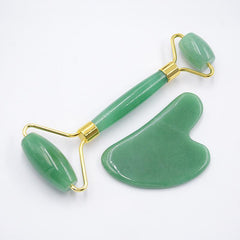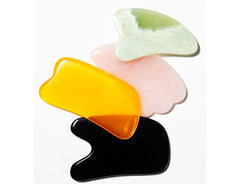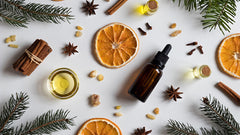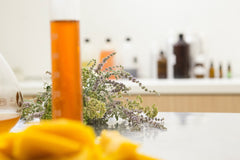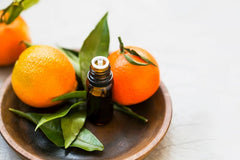The Gut-Brain Connection: Should You Listen To Your Gut

Chances are that you are familiar with the intense feeling of knots tightening up in your stomach when you are feeling nervous; or are about to make a monumental life decision. Well, that feeling, also referred to as “butterflies in your stomach” along with the action you take right after, also referred to as “going with your gut”, are all signals from your “second brain”. Yes, we all have a second brain known as our “gut”. So, let’s find out more.
There is a lot of similarity between the human brain and the gut. For instance, they both house cells that regulate our behaviors which are also known as the neurons. Now, most of the neurons are found in the brain. Scientific studies estimate the number to be roughly 100 billion neurons in the brain and 500 million neurons in the gut.
These neurons communicate through pathways distributed throughout your body known as nerves. The nerves are controlled and regulated by a system known as the central nervous system (CNS).
The Vagus Nerve Connection
One of the primary nerves that link your gut and the brain is known as the Vagus Nerve. A 2014 study authored by several researchers from multiple institutions aimed to investigate the relationship between some gut diseases and the vagus nerve. The researchers found that Crohn’s disease and irritable bowel syndrome (IBS) caused a drop in vagal tone in humans. They concluded that these diseases were most likely a product of a diminished functioning of the vagus nerve.
Neurotransmitter Connection
Another way through which our gut and brain are connected is through chemicals known as neurotransmitters. More than 90% of our body’s serotonin – an important neurotransmitter that plays a role in our mood, sleep patterns, memory, temperature regulation, appetite, sex drive, and more is produced in our gut. This has been well documented in a 2003 scientific review authored by researchers from Douglas Hospital Research Center, McGill University in Montreal, Canada. Upsetting your gastrointestinal system has been found to send signals to the central nervous system (the brain) which can cause changes in our mood.
Gamma-aminobutyric acid (GABA) is yet another neurotransmitter produced by the gut microbes. This chemical has been found to regulate feelings of anxiety and fear. There has been an increase in experimental research studies on human subjects carried out by scientists in the recent years.
In a many of these studies the subjects were given probiotics regularly and a month later reduced levels of anxiety and other emotions such as distress, hostility and anger were recorded. Probiotics are live bacteria and yeasts that help keep your digestive system balanced and healthy.
In animal studies where the subjects were mice, researchers noted an increase in production of GABA after the subjects had been fed probiotics. Also recorded was a significant reduction in anxiety and depression-like behavior.
There are other avenues that scientists are currently pursuing to establish the extent of the gut-brain connection. Even though more research is still needed, early data on some studies suggest that activities in our guts may be affecting our cognitive function and metabolism.
Probiotics have been found to positively influence the way we process emotional information. The takeaway here is that microbiome (bacterial ecosystem in your body) should be viewed as another organ whose wellbeing impacts your overall health.




